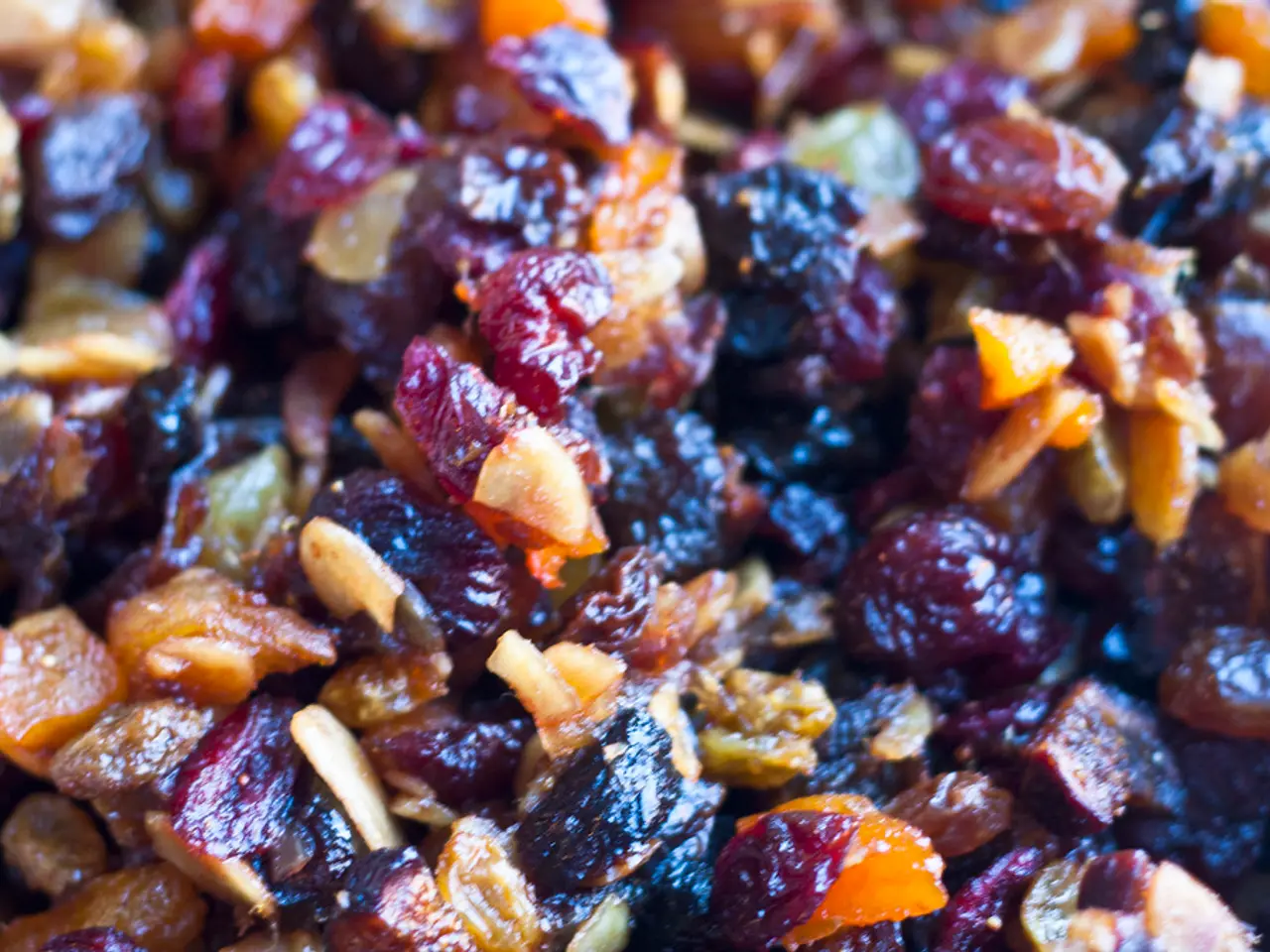Consuming meals leading to elevated blood pressure: Understandable concern?
A balanced diet plays a crucial role in maintaining a healthy heart, particularly for individuals with prehypertension or hypertension. Certain food components, such as salt (sodium) and saturated fats, can significantly affect blood pressure.
**Salt (Sodium): Immediate and Long-term Effects**
High sodium intake causes the body to retain more water, increasing the volume of blood in circulation. This rapid rise in blood volume leads to a temporary increase in blood pressure. Over time, regularly consuming salty foods contributes to sustained high blood pressure, increasing the risk of heart strain. Research indicates that diets lower in sodium, such as the modified DASH diet, can reduce systolic blood pressure by several points compared to high-sodium diets.
**Saturated Fats: Immediate and Long-term Effects**
High intake of saturated fats can cause temporary stiffness and reduced elasticity in blood vessels. However, the most significant effects are seen over time. Consuming saturated fats raises blood cholesterol levels, particularly LDL ("bad" cholesterol), which can lead to atherosclerosis—the narrowing and hardening of arteries. Narrowed arteries increase resistance to blood flow and elevate blood pressure.
**After Eating**
While a single high-salt or high-saturated-fat meal may not cause a dramatic, immediate spike in blood pressure in healthy individuals, repeated indulgence over days or weeks leads to sustained high blood pressure and increased cardiovascular risks. Studies consistently show that people who regularly consume high-sodium and saturated-fat diets develop higher blood pressure compared to those on a low-sodium, heart-healthy diet.
**Maintaining a Healthy Diet**
Reducing intake of foods high in salt and saturated fats is a proven strategy for maintaining healthy blood pressure and protecting heart health. The DASH diet, which emphasises heart-healthy foods like vegetables, fruits, whole grains, beans, nuts, vegetable oils, fat-free or low-fat dairy products, fish, and poultry, can help lower blood pressure in people with hypertension.
Individuals with prehypertension or hypertension should limit their sodium intake, avoiding foods like ready meals, canned soups, canned vegetables and meat, potato chips, marinades and sauces. Foods high in saturated fat include fatty red meat, poultry with skin, lard, fried foods, butter, cheese, other dairy products, and tropical oils like coconut, palm kernel, and palm oils.
High blood pressure after eating is not healthy, as it can lead to health issues such as heart disease, heart attacks, and strokes. A higher protein intake may help lower blood pressure by influencing metabolic processes that can help reduce blood pressure. Magnesium helps reduce the constriction of blood vessels, and people with hypertension should consider incorporating magnesium-rich foods into their diet.
In conclusion, understanding the impact of salt and saturated fats on blood pressure is essential for maintaining heart health. By making informed dietary choices, individuals can lower their risk of developing hypertension and related health issues.
- The rapid rise in blood pressure from high sodium intake can lead to temporary and sustained high blood pressure, increasing the risk of heart strain over time.
- Research indicates that diets lower in sodium, such as the modified DASH diet, can lower systolic blood pressure by several points compared to high-sodium diets.
- Consuming saturated fats raises blood cholesterol levels, specifically LDL ("bad" cholesterol), which can contribute to atherosclerosis, the narrowing and hardening of arteries.
- The DASH diet, rich in heart-healthy foods, can help lower blood pressure in people with hypertension.
- Individuals with prehypertension or hypertension should limit their intake of sodium, especially in processed foods like ready meals, canned soups, and canned vegetables and meat.
- Foods high in saturated fat, such as fatty red meat and tropical oils like coconut, palm kernel, and palm oils, should be limited for heart health.
- A higher protein intake may help lower blood pressure by influencing metabolic processes that can help reduce blood pressure.
- Magnesium, which helps reduce the constriction of blood vessels, is beneficial for people with hypertension and should be incorporated into their diet.
- Chronic high blood pressure after eating can lead to chronic diseases like heart disease, heart attacks, strokes, and chronic-kidney-disease.
- Adopting a healthy diet, such as the DASH diet, and incorporating fitness-and-exercise, nutrition, and cbd into one's health-and-wellness routine can help maintain cardiovascular-health and predictatively reduce the risk of developing chronic-diseases.




